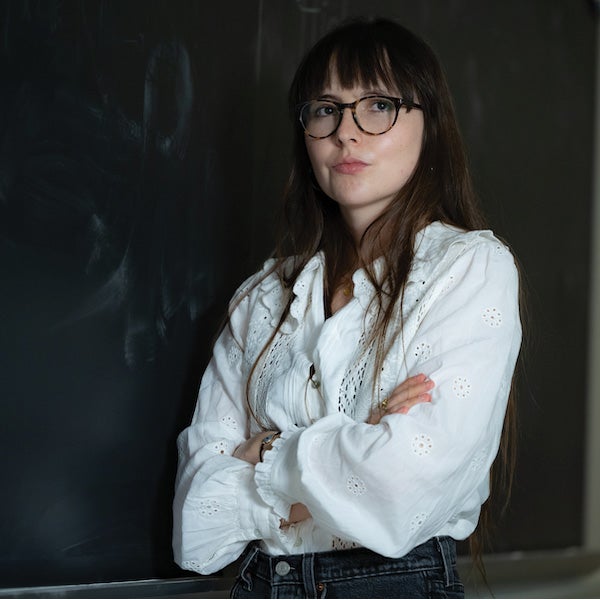Dr. Laura Correa Ochoa is a social historian of modern Latin America and the Caribbean, with a focus on Colombia. She specializes in histories of race, ethnicity, political violence, and Afro-Latin American and Indigenous social movements and politics. Her work explores how ideas of race and ethnic difference have shaped political conflicts and how Indigenous and Black people have mobilized in the face of persistent discrimination and violence. She received a PhD in Latin America and Caribbean History from Harvard University in 2021 and a BA (Hons) in History and Political Science from the University of Toronto in 2013.
Her first book project, Black and Indigenous Counterpoints: Race, Nation, and Mobilization in Colombia, 1930-2022, reconstructs the entwined and parallel histories of Indigenous and Black mobilization in Colombia and explores the role of race and ethnicity in broader social and political struggles, the making of state policies, and national narratives. Her article, “Manuel Zapata Olivella, Racial Politics and Pan-Africanism in Colombia in the 1970s,” published in The Americas, chronicles the ideas and debates of the first Pan-Africanist meeting in Latin America.
She is also developing a bilingual (English and Spanish), digital humanities project titled, “Territorial Struggles as Knowledge Production: Radical Geographic Praxes in Colombia,” in partnership with scholars and activists in Colombia and Canada. This project aims to make visible the contemporary
struggles for territory of Black, Indigenous, and peasant populations, and to highlight the role of these activists as producers of knowledge.
She teaches graduate and undergraduate courses on Latin American and Caribbean history, race and ethnicity, social movements, and radical politics in the Americas.

